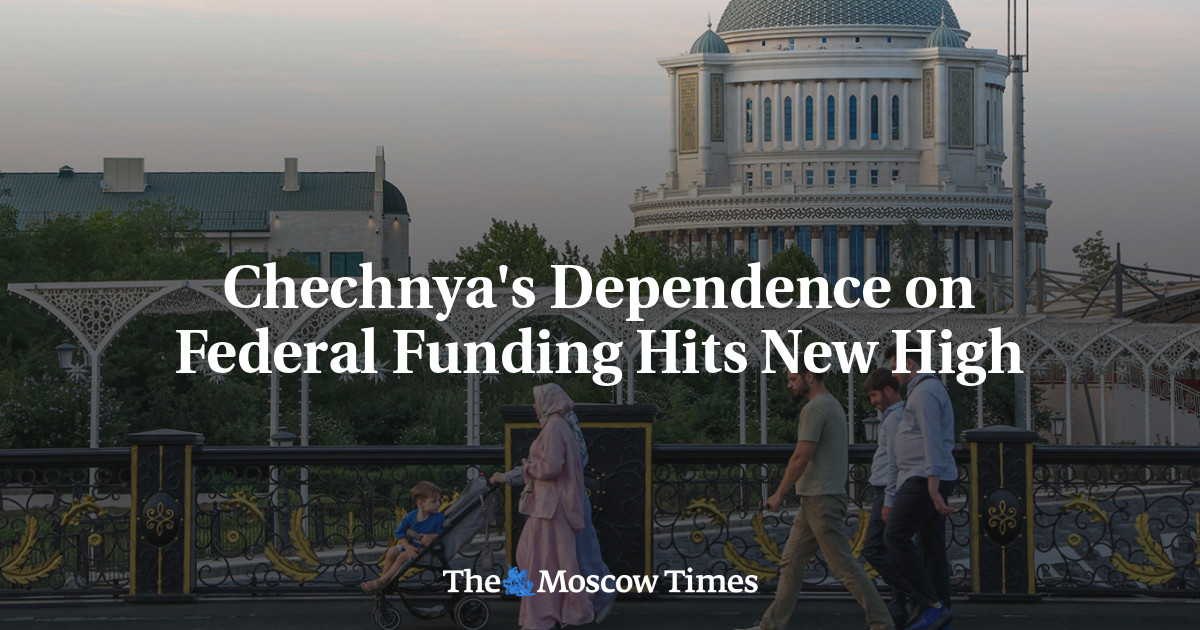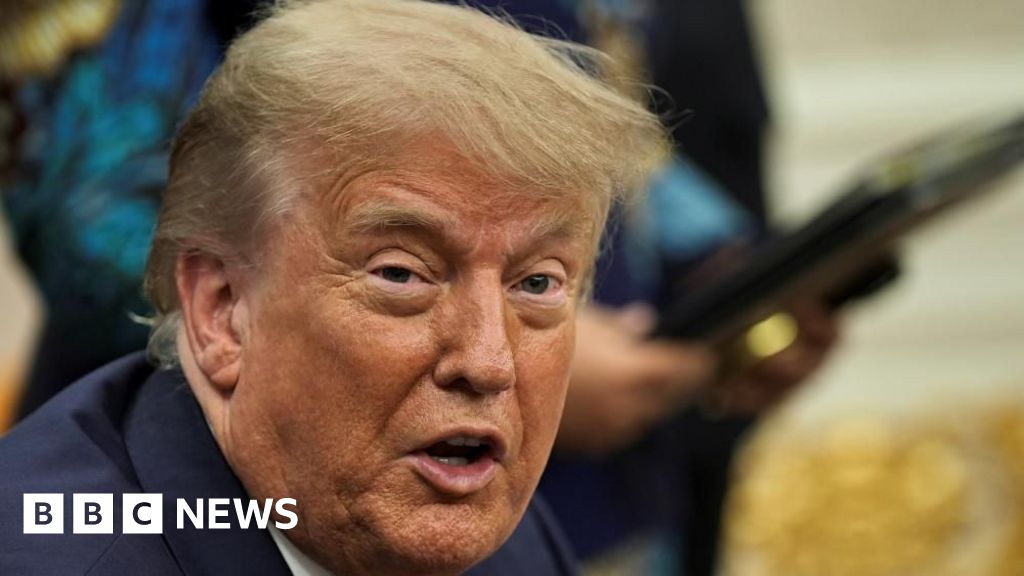Jailed Russian journalist and activist Maria Ponomarenko has gone on a hunger strike to protest her treatment in solitary confinement, her support group said Thursday.
Ponomarenko, who is serving concurrent prison sentences for spreading “fake news” about Russia’s invasion of Ukraine and allegedly assaulting prison guards, is not expected to be released until 2028, according to her lawyer.
Her support group said the hunger strike began Sunday in response to prison authorities’ refusal to install a privacy screen for the toilet in her isolation cell in the Altai region.
“Besides emotional distress, this has led Maria to refuse food so that she would need to relieve herself less often,” the group wrote on Telegram.
Ponomarenko is also protesting the confiscation of her outgoing letters and the prison’s refusal to issue consent forms that would allow supporters to request information about her condition.
She urged supporters to contact Russia’s Prosecutor General Igor Krasnov and presidential human rights commissioner Tatiana Moskalkova, saying that “petitions at the local level are meaningless.”
This marks Ponomarenko’s second hunger strike in seven months. In September, she staged a similar protest after accusing prison officials of fabricating disciplinary reports that landed her in solitary confinement.
Russia’s Memorial human rights group recognizes Ponomarenko as a political prisoner.
The journalist has been diagnosed with histrionic personality disorder and has previously attempted suicide while in police custody. Last month, her employer RusNews reported she was once again at risk of suicide and had launched a hunger strike to demand improved conditions.
A Message from The Moscow Times:
Dear readers,
We are facing unprecedented challenges. Russia's Prosecutor General's Office has designated The Moscow Times as an "undesirable" organization, criminalizing our work and putting our staff at risk of prosecution. This follows our earlier unjust labeling as a "foreign agent."
These actions are direct attempts to silence independent journalism in Russia. The authorities claim our work "discredits the decisions of the Russian leadership." We see things differently: we strive to provide accurate, unbiased reporting on Russia.
We, the journalists of The Moscow Times, refuse to be silenced. But to continue our work, we need your help.
Your support, no matter how small, makes a world of difference. If you can, please support us monthly starting from just $2. It's quick to set up, and every contribution makes a significant impact.
By supporting The Moscow Times, you're defending open, independent journalism in the face of repression. Thank you for standing with us.
Continue
![]()
Not ready to support today?
Remind me later.
 (1).png)
 2 months ago
10
2 months ago
10

















